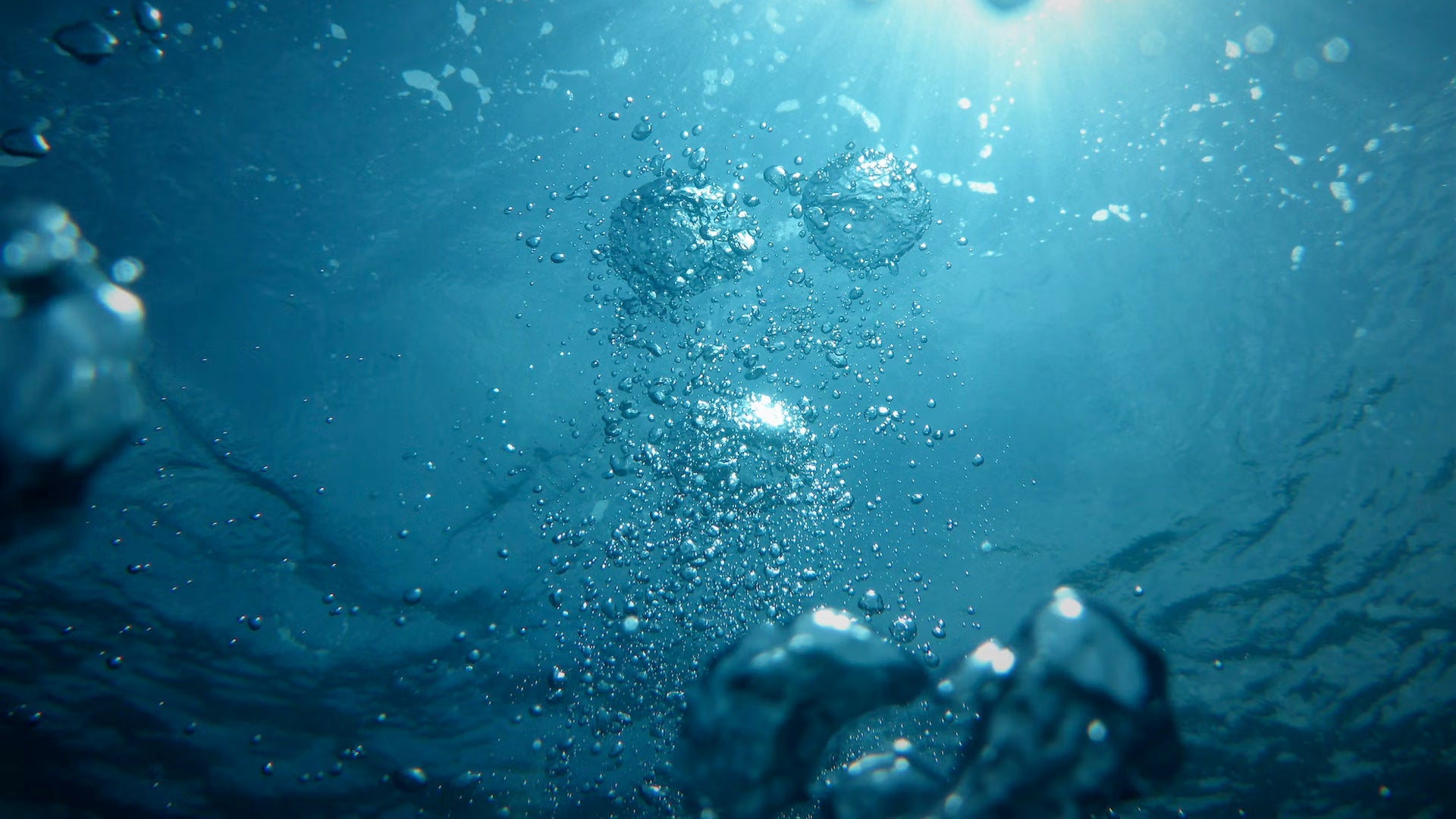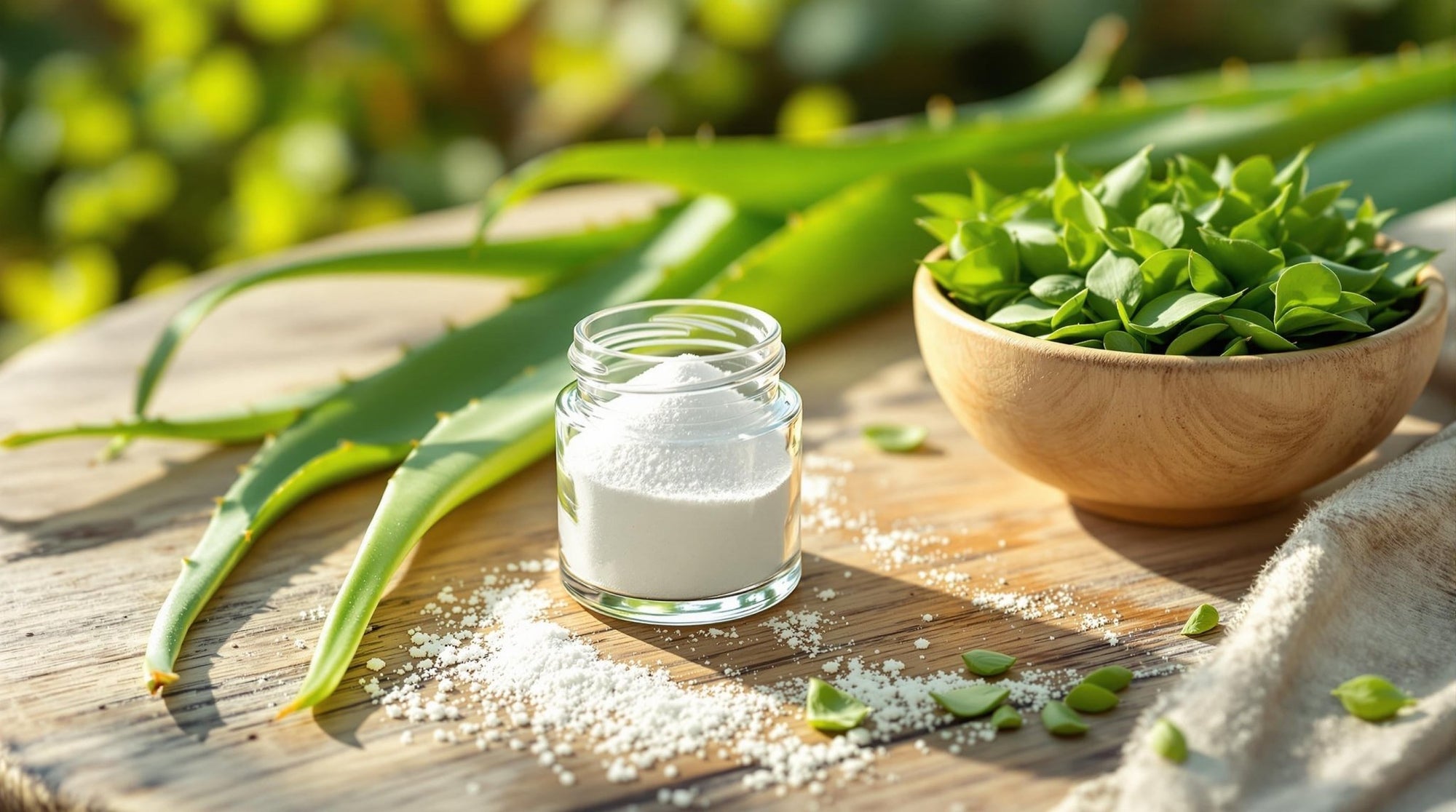Water - the source of life

Water is the source of life and a precious commodity that provides us with food, energy and livelihoods. Despite its enormous importance for human well-being and the environment, many people are not sufficiently aware of the importance of water. Drinking a glass of clean tap water - this is not possible for 703 million people because they do not have secure access to clean drinking water.
In this blog post we will deal with the topic of water awareness and give you some exciting insights into the topic of "water". We also have tips for you on how you can save water in everyday life.
Water consumption
Over the last 40 years, global water consumption has increased continuously, more precisely, consumption is growing at 1% per year. This trend is expected to continue at a similar rate until 2050. This is due to a combination of reasons: population growth, socio-economic development and changing consumption patterns.
The evolution of water demand is location-specific and reflects the changing usage patterns of the three largest sectors that use the most water: municipalities, industry and agriculture. North America and Central Asia are among the regions with the highest water consumption per capita. In 2019, China consumed around 591,670 million cubic meters of water, the USA 387,242 million cubic meters (as of 2017). Agriculture in particular accounts for the largest share of total water consumption at 72%.
This is how much drinking water Germans use for the following things (per inhabitant per day):
- Personal care (including showering and bathing): 45 liters
- Toilet flush: 34 liters
- Washing laundry: 15 liters
- Dishwashing: 8 liters
- Food & Drink: 5 liters
Water shortage and the consequences
One of the most pressing water challenges is water scarcity. Many regions of the world are affected by water scarcity, whether due to droughts, overuse or pollution of water sources. The effects are diverse and can lead to crop failures, hunger, economic downturn and social conflicts.
The role of clean water on the following factors
- Health: Contaminated water has a negative impact on health and can lead to the development of illnesses. For example, did you know that diseases caused in this way are responsible for more deaths than all forms of violence (including wars)?
- Female Empowerment: In many countries around the world there is no water connection in one's own home. Women and girls are often responsible for fetching drinking water. To do this, you walk long distances and spend 200 million hours a day (in total worldwide). With the time they gain, they can organize their time more independently, go to school or start their own business and thus have more influence on their future.
-
Education: The availability of clean water allows children to stay in school longer, especially girls. The appearance of the first menstruation is often a reason for not going to school. If, in addition to water access, sanitation and hygiene components are also provided, school can still be attended.
Water pollution
Industrial wastewater, improper disposal of chemicals and waste, and the use of pesticides and fertilizers in agriculture lead to a severe deterioration in water quality. This has serious impacts on human and animal health and ecosystems.
Water consumption in everyday life
Awareness of our water consumption in everyday life is an important step in creating a sustainable future. Many people are unaware of how much water they use daily and how their lifestyle influences water consumption.
Here's how you can save water:
- Turn off the tap when brushing your teeth or washing your hands.
- Repair leaks.
- Rely on water-saving household appliances, such as a water-saving shower head.
- Wash laundry with the washing machine full and select the quick wash program.
- Showering instead of bathing.
- Boil only as much water in the kettle as is needed.



